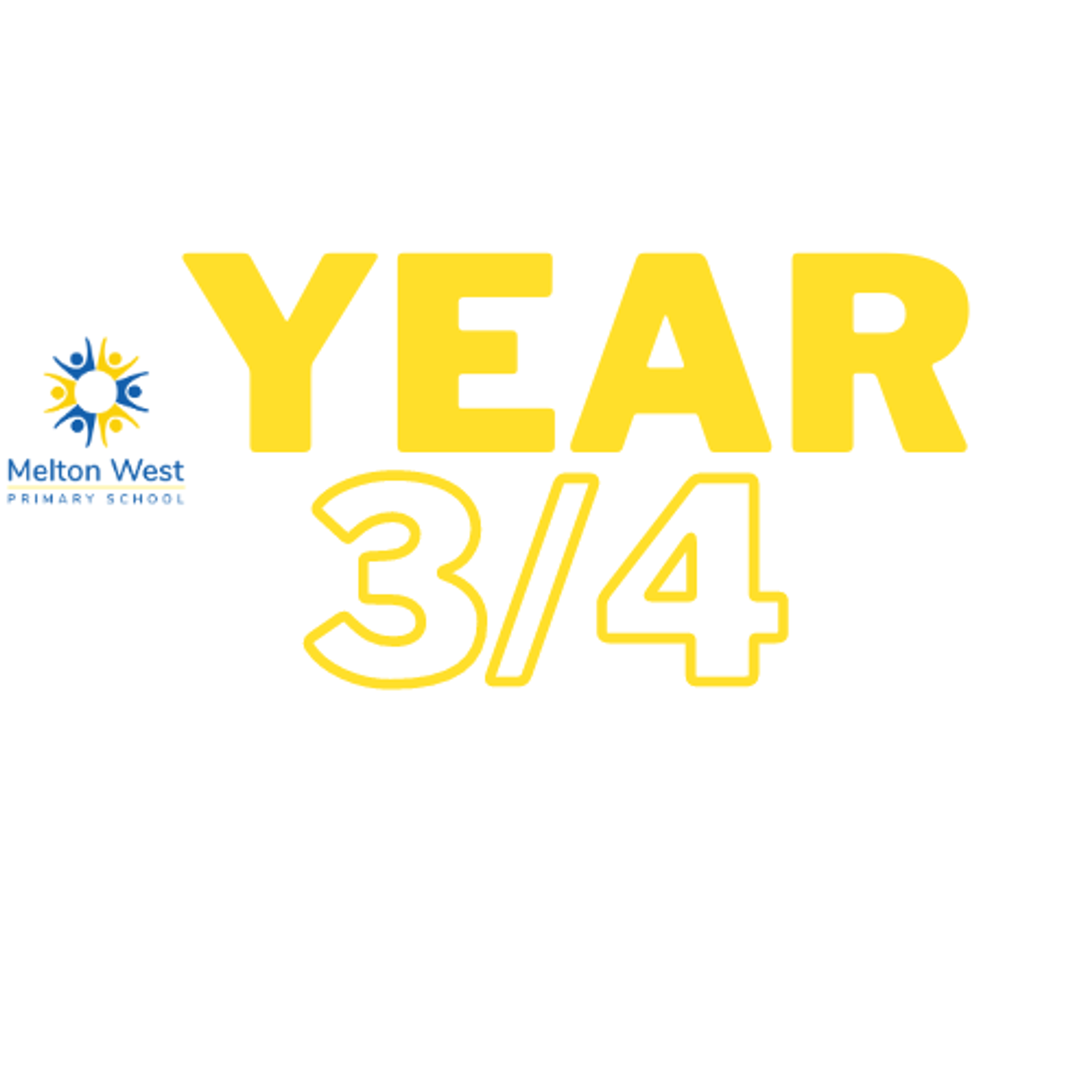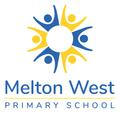Year 3/4 News

English
Reading
This term, we shall be focusing on the skills of summarising text. We are learning about summarising, which means we are looking at shortened versions of original texts. It includes all key concepts, main ideas, and important details that are structurally similar to the original text. Effective teaching of summarising requires multiple modelling situations and many opportunities for students to practice. With repeated opportunities, we want the students to develop the following skills:
Identify the main ideas
Use Key Information-words, facts, and phrases
Take notes
Retell a shortened version of the text in their own words
How does summarising support our reading comprehension?
For students to summarise, our students will develop skills to closely relate to the text and include information that’s critical to the text. It will enable our students to synthesise information, giving them a deeper understanding of the text.
Please ensure that you read with your children as often as you can for a minimum of 10 minutes per night, at least four times a week. Practice at home reinforces our word-reading and comprehension skills at school.
Writing
This term, the students will be learning about Biographies. During this, we will focus on the purpose of a biography and its structure. The students will be able to demonstrate their learning and understanding by researching and creating a biography on their own. They will then move on to a unit on poetry that will be our main focus for this term. During this unit, they will be learning about free verse, Haiku, and Cinquain poems, as well as poetic devices such as onomatopoeia, metaphors, similes, and alliteration. The students will also be learning about Grammar and how they can use it successfully in their writing. They will be learning about nouns, proper nouns, pronouns, adverbs, prefixes, and suffixes.
Mathematics
We will begin the term by focusing on angles, where students will be learning to identify a right angle and angles smaller and larger than a right angle. Along with continuing to revise our knowledge of place value throughout the first few weeks of the term. We will then move into our focus on addition and subtraction. During this unit, students will be learning to use multiple strategies to solve addition and subtraction problems. They will learn how to describe these strategies while developing a preferred method to solve addition and subtraction using a place value method e.g., jump strategy, fact families, mental recall. We will also be concentrating on a unit looking for a measurement with length, exploring millimetres, centimetres, metres, and kilometres. We will be using investigative learning to engage our learners with a realistic application of measurement. Later this term, we will explore the concept of 2D shapes and then 3D shapes.
Inquiry
For Inquiry this term, we will be learning about civics and citizenship. The unit is called ”Everybody Wants to Rule the World”. We will be learning how and why people make rules, and identifying how some rules can protect the rights of others. We will compare the difference between rules and laws and why they are important. We will be looking at how decisions are made within our local communities. We will explore the concept of democracy and how leaders are elected within our local communities. We will expand to look at decision-making at a state and commonwealth level in Australia. We will then be learning about how representative democracy functions in Australia. This will be an interesting unit for the students as it will tie in with the upcoming election.
Science
In Term 2, Grade 3/4 students will be focusing on Chemical Science. Term 2’s unit is called ‘Solids and Liquids’. The curriculum focus for the unit is ‘A change of state between solid and liquid can be caused by adding or removing heat’.
The key concepts in this unit include:
The world around us is made of matter (tiny little atoms that link together and are always in movement)
That matter can exist in different physical states, also known as phases
A solid is a state of matter with its own shape, no matter what container it’s in, and it can be squished and squashed to take up more or less space
The atoms in a solid are close together, tightly bonded, and not moving much
A liquid is a state of matter which flows, taking the shape of the container it’s in. It cannot be squished or squashed, and always takes up the same amount of space
The atoms in a liquid are less closely bonded and move about more freely
Solids and liquids can change state by either adding or taking away energy, usually heat energy
The atoms do not change between states, they just change how they are behaving
These changes can go back and forth indefinitely.
The inquiry questions are:
What is matter?
What are solids and liquids?
Can a solid become a liquid?
How does a molecule change when it goes from solid to liquid?
LOTE – AUSLAN
Welcome to Term 2 Auslan! During this term, we will learn about: – Food/Lunch, Inside Appliances, Medical #2, Fingerspelling, Camping, Birds, Materials, HOLM + NMF #2, Constructed Action/Role Shift, and Revision.
Constructed Action/mime will be a feature this term, where students are encouraged to use their bodies and facial expressions to extend their Auslan communication. This is a rich feature of the Auslan Language. Developing this skill is both fun and productive in Auslan learning. The students are encouraged to practise their fingerspelling skills to extend and improve their Auslan communication. Handshape ‘minimal pairs’ will be taught, where a change of one of the features of Auslan (handshape, orientation, location, movement, non-manual features) change the meaning of the sign. This increases their knowledge of key features of Auslan.
The Revision lesson will introduce the life stories of some Deaf people and their culture.
The students will be provided with an opportunity to learn about Deaf Culture, whilst
developing their receptive skills.
Art
This term in Art, the Year 3/4s are continuing to build their technical skills and explore this year’s big idea, ‘My artistic inner world’. The students will be supported to develop their creativity, including their ability to share creative thinking, generate inventive ideas, develop ideas by making, and make thoughtful use of art materials.
We will practice responding to a variety of artistic prompts and questions, as well as researching artists that interest us personally and creating our own versions of their artworks. Another important project will revolve around portraiture, together with the challenges of realistic drawing and replicating intricate patterns. Our visual diaries are coming along well, and it has been a true pleasure to see the 3/4s take pride in excellent work and progress. We are looking forward to a productive and enjoyable Term 2!
P.E.
This term, our Grade 3/4 students will be participating in three exciting focus areas: soccer, Bike Ed, and athletics. We’ll begin with a soccer unit, where students will develop key skills such as kicking, passing, dribbling, and shooting. Once these skills are established, students will apply them in small-sided games, using a game-based approach that encourages learning through play. This allows students to practise teamwork, apply problem-solving, and continue building their understanding of gameplay and rules in a fun and supportive environment. Following soccer, students will take part in our Bike Ed program. They’ll begin by learning or revisiting the basics of bike safety and control before moving on to more complex skills such as emergency braking, navigating obstacles, and riding alongside others. This program is a great way to build confidence, independence, and spatial awareness while promoting safe riding habits. To finish the term, we’ll move into athletics, with a focus on field events like shot put and discus. Students will learn proper techniques and then have the chance to practise with real equipment, developing strength, coordination, and confidence. It’s shaping up to be a fantastic term full of movement, skill development, and fun. I’m excited to work with our Grade 3/4 students and look forward to seeing their progress throughout the term!
